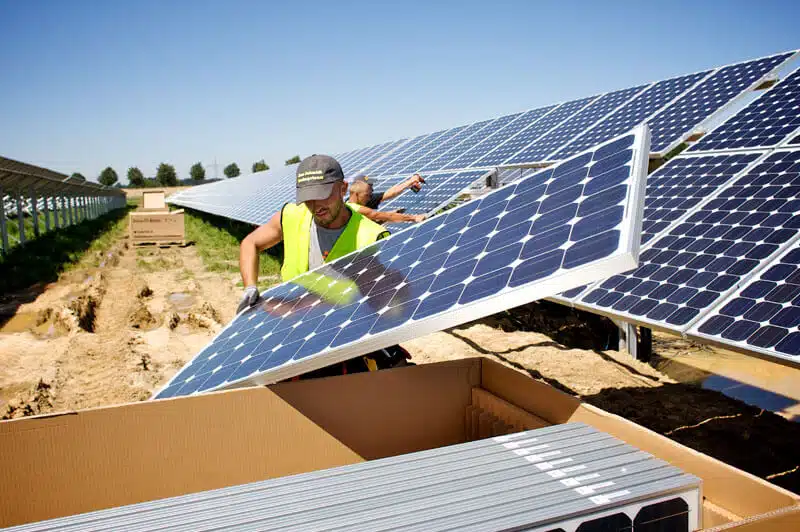Fossil fuels pretty much run the world. They were formed from plant and animal remains for millions of years, contained in sediments, then heated and pressurized. Coal formation dates back to the Carboniferous Period, nearly 360 to 300 million years prior.
When climate change hit and the Earth completely froze, fungi evolved to digest dead trees, releasing carbon into the air. As a result, coal formation stopped. Natural gas and oil developed similarly, but from ocean plankton and not from dead trees.
What we fail to realize is that burning fossil fuels also degrade Earth in the process. When theyre burnt, carbon reacts with oxygen and forms carbon dioxide. This process releases carbon into the air and traps it in the atmosphere. These emissions all lead to the phenomenon we now call global warming.
Clearly, to stop global warming, burning fossil fuels also need to end. But is that even possible? Most of the world uses fossil fuels to create 84% of the energy, with New Zealand using the least at 65%.
Renewable energy – is it possible?
Transitioning to renewable energy may be hard to fathom – but many renewables now exist. For instance, engineers and scientists have begun harnessing renewable energy sources like wind, solar, nuclear, hydropower, biomass, geothermal, and biofuel. Several tidal power stations are operational, and trials are underway to generate energy from wave and ocean currents.
However, of these numerous possible renewable energy sources, only wind and solar energy are scalable enough. And the numbers arent as optimistic. For example, wind provides 2.2% of all energy and solar just 1.1 percent. Therefore, from an efficiency standpoint, renewables may not be a suitable replacement for fossil fuels.
The good news about renewables
Theres a silver lining to this, however. Fossil fuels arent efficient as is that a lot of the energy from them is wasted.
Firstly, extracting, refining, and transporting fossil fuels comprise 12% of total energy use. Secondly, burning fossil fuels do not use efficient processes. Comparatively, using renewables instead would cut back half of the energy required in fossil fuels.
Solar and wind energy resources are already pegged at great potential, and production costs have dropped significantly. Scientists have argued that transitioning fully to renewable energy to cover energy storage and transmission will be achievable come 2050.
There is a strong rationale for making the renewables transition. Most importantly, they can solve the worsening climate change problem. However, it does not address increasing resource usage.
For example, scientists have pointed out that the worlds wealthiest are the most wasteful when it comes to energy. Therefore, there has been a debate on what minimum energy is considered sufficient to address basic human needs. A study suggests that the minimum energy required for a decent living would total 4,000 kWh every year for a person.
While undoubtedly difficult, transitioning to renewable energy and ending fossil fuels dependence can be done – and the time to start is now.







